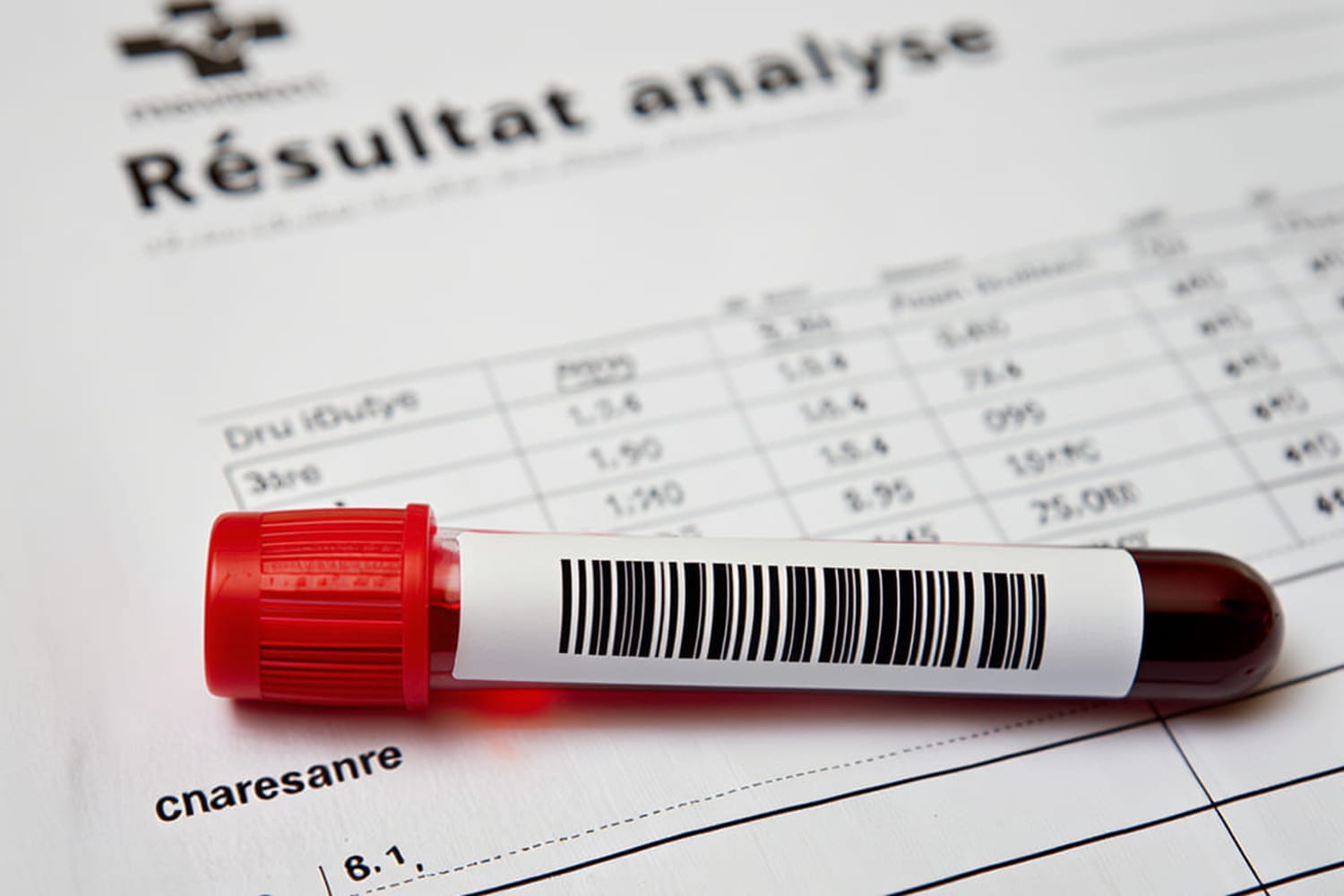Well before memory loss, this blood disorder could be a harbinger of abnormal cognitive decline.
It is one of the diseases that worries us the most: Alzheimer’s disease. It often progresses silently for years before the first signs, such as memory loss, become evident. Research has identified several genes that increase the risk of developing the disease, but without yet understanding the role of external factors, such as diet or lifestyle. What if the answer was in a blood test?
Researchers are interested in the metals present in the body. Iron, copper or zinc, for example, can become toxic to the brain if they accumulate poorly: they would promote the formation of β-amyloid plaques and the degradation of the tau protein, two typical markers of Alzheimer’s. To understand whether the imbalance of certain metals plays a role in Alzheimer’s disease, researchers analyzed the concentrations of 27 metals in the post-mortem brain tissue and blood of elderly people, some who were healthy, others suffering from memory problems or Alzheimer’s.
According to the results published in the journal “Nature”, only lithium was particularly low in the brains of people with cognitive disorders, precursors of Alzheimer’s. In individuals with Alzheimer’s, lithium was even lower. According to their observations in mice, amyloid plaques trap lithium in the brain, making it less available for normal functions. Deprived of this “useful” lithium, the brain becomes more vulnerable: amyloid plaques accumulate more, oxidative stress increases, and inflammation accelerates cognitive decline.
Lithium is a trace element naturally present in our body. A varied diet rich in plants (vegetables, fruits, nuts, legumes, whole grains) helps meet natural needs. Its cerebral role, already known in bipolarity, is increasingly explored in Alzheimer’s disease. “Maintaining a good lithium balance could help protect the brain from aging and delay the onset of Alzheimer’s disease” relayed the Alzheimer Foundation.
How do you know if you’re low on lithium? To date, doctors do not prescribe a blood test to assess the level of lithium in the blood as part of the diagnosis of Alzheimer’s. The first blood test to diagnose Alzheimer’s disease was authorized in the United States in May 2025 and it focuses on the ratio between levels of Tau protein and Beta-amyloid. It is therefore useless to ask your doctor for a lithium test to detect Alzheimer’s. This work opens a new avenue of research: understanding how preserving this natural lithium balance could help better protect the brain with age.









